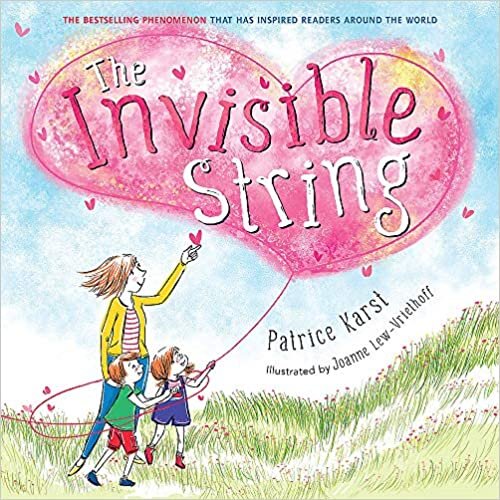I could say I am hooked on crocheting during this latter part of the pandemic. It is incredible what a ball of yarn and a crochet hook can do for you. Did you know research found knitting and crocheting lowers heart rate and blood pressure? Besides many other benefits, it also calms anxiety. Perfect during this long pandemic, for what could make any of us more anxious than this pandemic with its numerous unfathomable unknowns. Studies also show that people in my age range and up who are “knitters and crocheters have the healthiest brains and memories.” (https://littlethings.com/lifestyle)
Besides the mental and psychological benefits of crocheting, there are also physical ones, such as improved hand-eye dexterity and coordination. It is not surprising, then, that crocheting has been popular for a long time. For one thing, it is portable, as all you need are a simple hook and yarn. I would say, let us keep knitting or crocheting and if you do not know how, this just may be the perfect time to learn these skills.
Perhaps you are wondering what causes me to write about a hook and yarn in this reflection. Trust me, I am not about to spin a yarn, but here is my tale. While crocheting a baby blanket recently, I began to cogitate about how this pandemic continues to impact our lives in so many ways. While looking at the crochet hook in my hand, and the yarn wrapped around my fingers, it struck me what a great symbol a hook and yarn are for what we are busy doing right now during this pandemic - shaping a new reality.
Life tends to be bittersweet much of the time. I dare say, this pandemic is no different. When planet earth hooked the Covid-19 virus, we were thrust into this global catastrophe. For many, this pandemic has been a devastating experience. Yet, if we take a moment to cast a backward glance over these past fourteen months, we may just be amazed to also discover many blessings. We all know about the many tragedies and how much in our world has changed during this pandemic. It has not only changed our lives, it has changed us, or as author Charlie Mackesy puts it, "Isn't it odd, we can only see our outsides, but nearly everything happens on the inside.”
Yes, so much of what has happened has impacted and changed our innermost being. You may have come upon the saying doing the rounds on social media, “There are 4 ways you can come out this pandemic. A chunk, a drunk, a monk, or a hunk.” There is undoubtedly some truth to this, which brings me back to the hook. In response to the stress of the pandemic, what may have happened on our insides that got us hooked on things on the outside? Are we now hooked on something lifegiving, like crocheting for example? Or are we hooked on something destructive, causing us to flounder or even to fall for it, hook, line, and sinker? Getting unhooked from any destructive habits, whatever they may be, is never easy. However, getting unhooked from such habits triggered by the pandemic is a step in the right direction to reclaim our happiness and freedom, especially now that there seems to be light at the end of the tunnel.
In crocheting a hook is used to interlock loops of yarn. Not all hooks or yarns are created equal; neither are we. Our individual life threads are unique ‘yarns’ and we each have unique hooks (talents) to interlock the threads of our present reality into a new, life-giving reality. What has been unveiled during this pandemic, is that we really are one, and not merely one in a virtual reality. We need each other to shape the new reality we all long for.
To create such a reality, we all need to discover anew our own hook, our own gifts. Even if it is just one hook, let us use it for the good of all, for the future of all of us. In her delightful children’s book, The Invisible String, Patrice Karst writes about people being connected by love over long distances by an ‘invisible string.’ If this pandemic has taught us nothing else, it has shown us how our invisible, individual life threads are hooked and interlocked with the threads of everyone else throughout the entire world. Even more importantly, let us remember, we are interlocked by a life-giving ‘invisible string’ with God, gracing us with all we need to shape our new reality.
“we are interlocked by a life-giving ‘invisible string’ with God, gracing us with all we need to shape our new reality. ”
Blessed and strengthened by this grace, and relying on each other’s goodwill, we can shape a new future, a life-giving reality. I dare say if we are hooked on hope - we can do it, together.
-Sister Magdalena Vogt, cps















